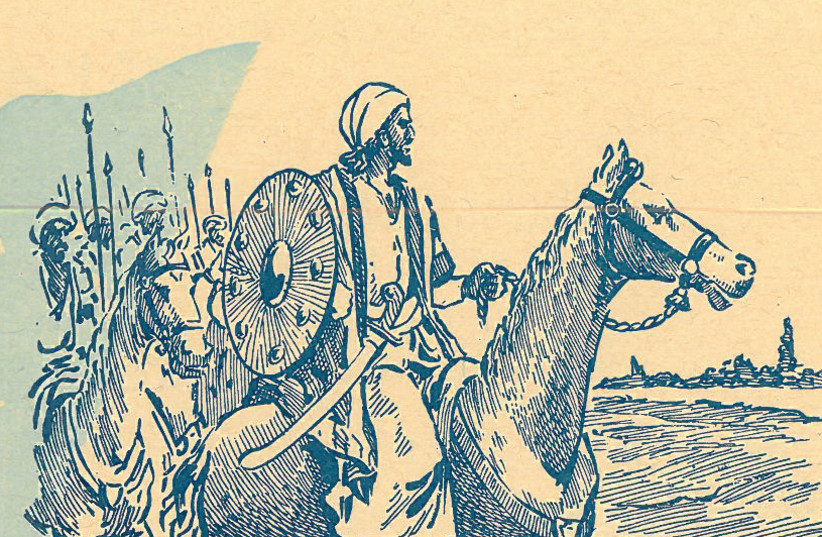This past week, Haaretz ran jointly an article with the New York Times calling on Washington to refrain from building a new embassy in Jerusalem “on land stolen by Israel.” The New York Times used a slightly more delicate title referring to the land in question as confiscated Palestinian land.”
The article was plastered on the front page of their joint publication. The author of this thesis was Professor Rashid Khalidi, a noted Palestinian academic at Columbia University. It quickly became evident what the author was trying to do.
Khalidi’s central argument in his writings is that Israel is a form of settler colonialism that fought against the authentic national movements in the land. In his article this week, he reminds readers that his family’s roots in Jerusalem go back more than a thousand years. According to the website of the al-Khalidis, their lineage in Jerusalem can be traced back to the 14th and 15th centuries, though some tie the family to Khalid ibn al-Walid, the Muslim commander in Byzantine Syria.
The Khalidis date back roughly to the time of Nachmanides (the Ramban), who re-established the Jewish community in Jerusalem after the Crusaders destroyed it, in 1099. The Jewish people have demonstrated a propensity to return to their historic homeland after disasters, like the Crusader conquests and even the Roman occupation.
A battle is being waged over historical narratives
Rashid Khalidi has no interest in reminding his readers of these Jewish connections to Jerusalem. There is a useful survey of the land from the Jerusalem District Committee, which handles the granting of approvals for projects of this scale. It includes the area’s recent history. Khalidi, who uses this survey, reminds his readers that the land in Jerusalem on which he is focused was known as the Allenby Barracks. An aerial photograph of this area from 1917, before the British developed it, shows that it had no buildings and the land was barren. Indeed, the Ottoman Empire used it as an airstrip for a while before World War I.

What is going on here is not so much a battle over Jerusalem’s history as much as a battle over historical narratives. Its purpose is to move readers to adopt highly politicized positions and influence governments on critical questions, including the future of Jerusalem. It sets the stage for advocating that an American decision to build an embassy in Jerusalem would constitute “a legal and moral offense.” What is he talking about?
Khalidi can’t resist making gratuitous remarks that a United States embassy in Jerusalem would involve “entrenching Israel’s apartheid-like policies in the city.” Has he ever been to Hadassah Hospital or any Israeli hospital, for that matter, where both Jews and Arabs receive equal treatment, as opposed to the hospitals in Apartheid South Africa to which he refers? Readers will have to do their own research since they plainly cannot rely on what has been presented to them there.
The writer served as Israel’s ambassador to the UN, and as the director-general of the Foreign Ministry.
